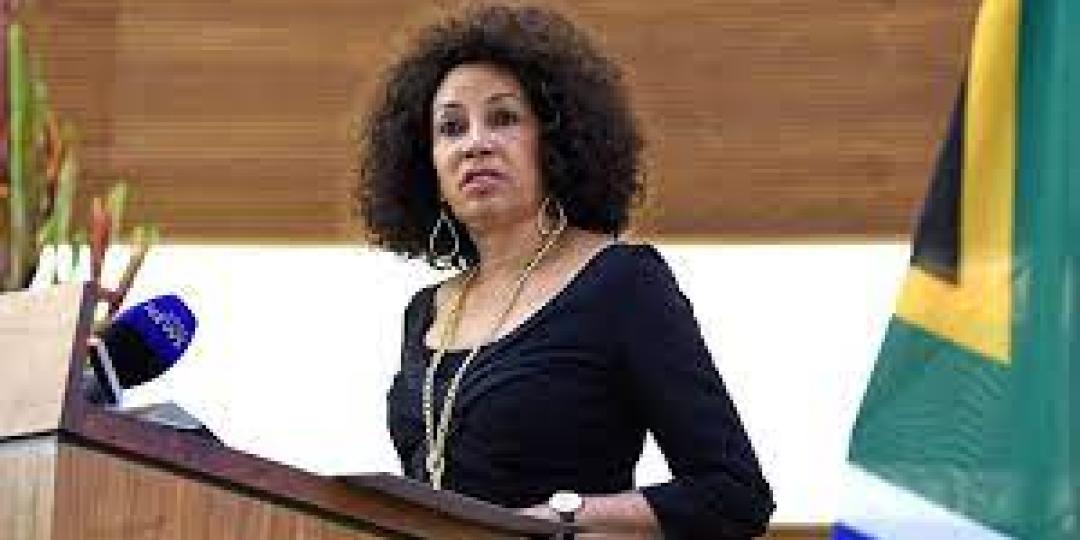Industry is pulling out all the stops to ensure the protection of the domestic high season and deal proactively with the current crisis brought about by the discovery of the new Omicron variant, ahead of the National Coronavirus Command Council (NCCC) meeting this weekend.
A public-private sector War Room has been set up following the “first of many” meetings between the Minister of Tourism, Lindiwe Sisulu, and tourism private sector stakeholders – including SATSA, FEDHASA, SAACI, TBCSA and Cape Town Tourism – yesterday (Friday, November 26).
The urgent meeting was convened to address proactively how private and public sector could collaborate to mitigate the effects on the tourism sector of the travel bans instituted this week.
At yesterday’s meeting the stakeholders outlined how the Red List announcement and consequent knee-jerk reaction from other governments had impacted their existing and future business as South Africa enters its peak inbound international tourism period.
Acknowledging the positive impact of the joint approach by community of tourism stakeholders preserving domestic tourism, Sisulu said: “Our War Room will be meeting on a regular basis to roll out and follow up on practical actions adopted by industry stakeholders to deal proactively with the obstacles and crises that our tourism and hospitality sector faces; with the immediate priority to ensure that we preserve domestic tourism over this festive season to secure the livelihoods our sector supports.”
At the meeting, stakeholders pointed out that they industry awaits scientific certainty surrounding this new variant – now designated Omicron by the World Health Organisation (WHO) – the impact to Brand South Africa and the deep tourism value chain has been devastating.
Stakeholders agreed that the immediate priority was to protect domestic tourism over the festive season by instituting measured regulations that help to stem the spread of the new variant, while safeguarding the industry’s ability to operate during the festive season so that we can save livelihoods and keep the doors of tourism and hospitality businesses open.
CEO of the Tourism Business Council South Africa (TBCSA), Tshifhiwa Tshivhengwa, noted that that while little can be done to influence decisions to ban travel to South Africa, there is a window of opportunity for South Africa to act appropriately and decisively.
He said he hoped that the meeting of the NCCC would yield better solutions.
“The TBCSA urges the South African government not to make any hasty decisions and avoid another lockdown and place focus on efforts to mitigate the impact of a potential fourth wave. The only lifeblood of South Africa’s tourism and hospitality sector at the moment is domestic tourism. Efforts by the government and various stakeholders should be focused on ensuring prevention of another lockdown and ensure that we boost the sector and economy during the high summer season,” said Tshivhengwa.
According to him, regulations that inhibit people travelling across provincial borders, beach closures and the like will further compromise our already ailing economy.
Vaccinations key
The private-sector tourism stakeholders provided a number of alternatives, including among others, reducing the size of indoor gatherings, expanding curfew and prioritising vaccination of South Africans to mitigate the impact on South Africa’s healthcare system.
Said Rosemary Anderson, National Chairperson of FEDHASA: “There is no question that South Africans need to go out and get vaccinated as a matter of urgency. To be locked down on a semi-regular basis and banned for international travel because of our advanced genomic sequencing capability and low vaccination rates cannot continue. We depend on tourism for jobs and livelihoods.”
"Further, as we head into the festive season with a rising infection rate and the prospect of local lockdowns which directly impact the hospitality sector, Anderson called on South Africans to do everything in their power to stem the spread of a fourth wave.
“We simply cannot have a repeat of December 2020 where restaurants and hospitality businesses bore the brunt of COVID regulations making travel and restaurant patronage unappealing and difficult. Our industry has had to endure being thrust from wave to wave for the past 20 months and it simply isn’t sustainable to keep businesses open and livelihoods intact. It is up to every South African to do their part and help us keep our doors open by complying with the protocols and getting their #jab4tourism.”
Anderson stressed the need for every South African to play their part in helping to keep the doors of tourism and hospitality open by adhering to the health and hygiene protocols that have been established and by getting vaccinated so that this industry, which supports 1.5 million direct and indirect jobs, may get back to business without the ongoing spectre of lockdowns and international travel bans.























